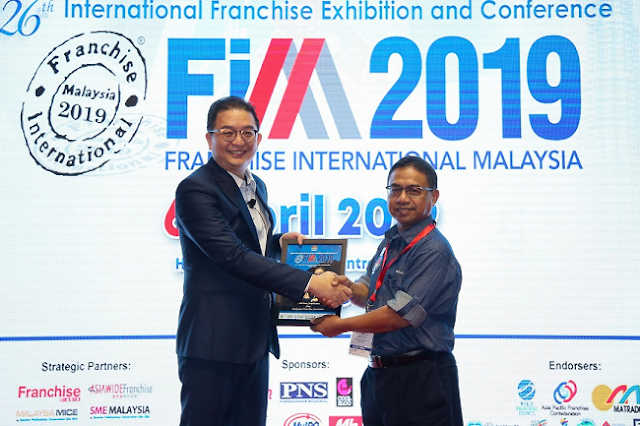Spire was honored to participate at the 26th International Franchise and Exhibition , Malaysia, 2019. The event was held on 6th April in Kuala Lumpur. Jeffrey Bahar, Deputy Chief Executive Officer of the Spire Research and Consulting group, shared insights on key trends in franchise industries in the Asia.
Bahar discussed key trends in three sectors suitable for franchising, namely pre-school education, facilities management and laundry services.
Global cleaning services are expected to reach USD74 billion at 6 per cent CAGR (compound annual growth rate), accounting for 5 per cent of the global facilities management market by 2022. With urbanization, construction and smart cities as some of the growth drivers and by using robotics, IoT(Internet of things) and analytics, cleaning services would see improved performance.
In 2015, USD260 billion was spent on private education in the Asia- Pacific, with Singapore being the highest spender in the region at USD700 million. A key part of this market is early childhood education. The use of robotics and gamification is revolutionizing early childhood education, nurturing interactive learning and problem solving.
Laundry services generate USD23 billion globally. Urbanization and female work participation are changing the laundry service business. Growing health and hygiene awareness, busy urban consumers and on-demand service are some of the key growth drivers in the sector. Smart laundry is an upcoming trend that aims at saving energy and water with the use of IoT.
Read more : https://www.spireresearch.com/newsroom/events/spire-talks-about-key-trends-in-asias-franchise-industry/

Comments
Post a Comment